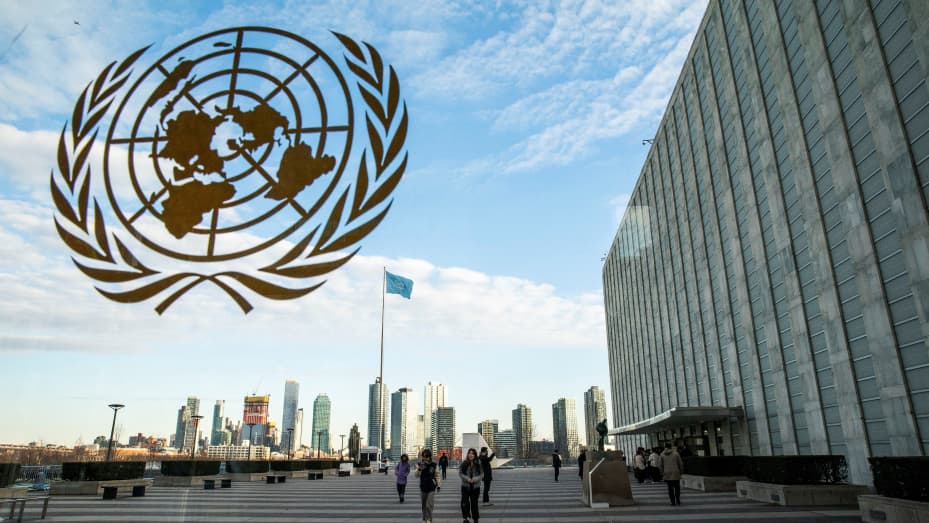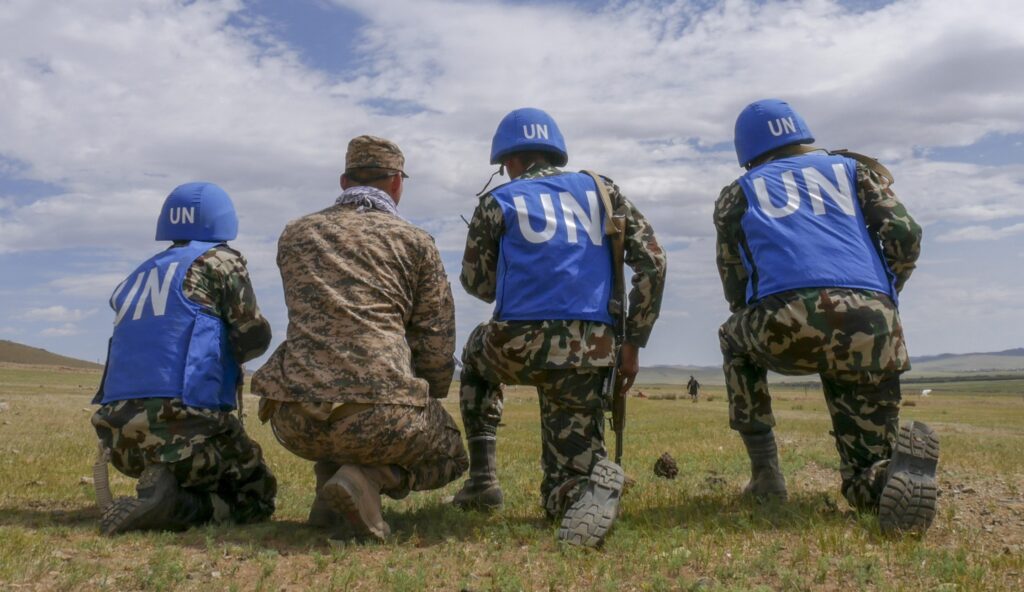The State, Foreign Operations and Related Programs FY25 spending bill has hit the headlines — and hit American global leadership in the gut.
If enacted, the House bill would go down as one of the most extreme snubs to our allies and the institution we helped to found in American history. Here are nine takeaways that should compel you to call your Member of Congress.
1. If the proposal passes, the U.S. would eventually lose our vote in the UN General Assembly. Under Article 19 of the UN Charter, a Member State owing equal to or greater than two years of assessed dues can lose their vote in the General Assembly.
2. The account for International Organizations and Programs would be eliminated. IO&P includes core funding for a dozen UN entities, notably UNICEF, UN Women, UNFPA, the UN Development Program, the UN Environment Programme, the UN Human Rights Office and the Intergovernmental Panel on Climate Change.
3. Defunding the World Health Organization means the WHO would lose about 20% of its budget. This flies in the face of wide support for the WHO, including from the American Medical Association, the American Academy of Pediatrics and the Infectious Diseases Society of America. Even the U.S. Chamber of Commerce and the conservative Heritage Foundation back continued investment.
4. The U.S. would cut contributions to Sudan when it’s on the brink of collapse. The total number of internally displaced has surpassed 9 million, the most in the world. Nearly five million people are close to famine and many are forced to eat dirt and leaves to survive. A window of opportunity exists for the international community to act now during the planting season, but this bill would cut or eliminate aid to UNICEF, the Food and Agriculture Organization (FAO) and the Emergency Refugee and Migration Assistance Fund.
5. We’d rescind our promise to UNESCO. After rejoining UNESCO last year on the commitment of paying our membership dues, we’d end funding to the agency responsible for Holocaust education and the protection of free press in the age of disinformation.
6. Peacekeeping – which saves American money and lives – would have its budget slashed. Importantly, many of the funds the U.S. provides to peacekeeping operations go directly to troop-contributing countries that send personnel into harm’s way on the agreement that their contributions are compensated by the UN. Without reimbursement for troops, police and equipment, many may decide to pull out of peacekeeping operations altogether.
7. Millions of women would be left without family planning support, access to maternal healthcare and resources to address gender-based violence. Without investment in the UN Population Fund, their work in 150 countries worldwide would be dramatically compromised.
8. Monitoring to prevent nuclear disasters may decrease. The International Atomic Energy Agency funding received through our payments to the UN enables the nuclear watchdog to maintain a full-time presence at nuclear reactors in Ukraine, and ensure that non-proliferation agreements in Iran and North Korea are honored. With limited resources, the IAEA’s capacity may be curtailed.
9. Our global competitors China and Russia would be delighted that the U.S. voluntarily removed itself from the global stage. As Linda Thomas-Greenfield, U.S. Ambassador to the UN, frequently notes, U.S. failure to pay dues on time and in full “is China’s favorite talking point.”




